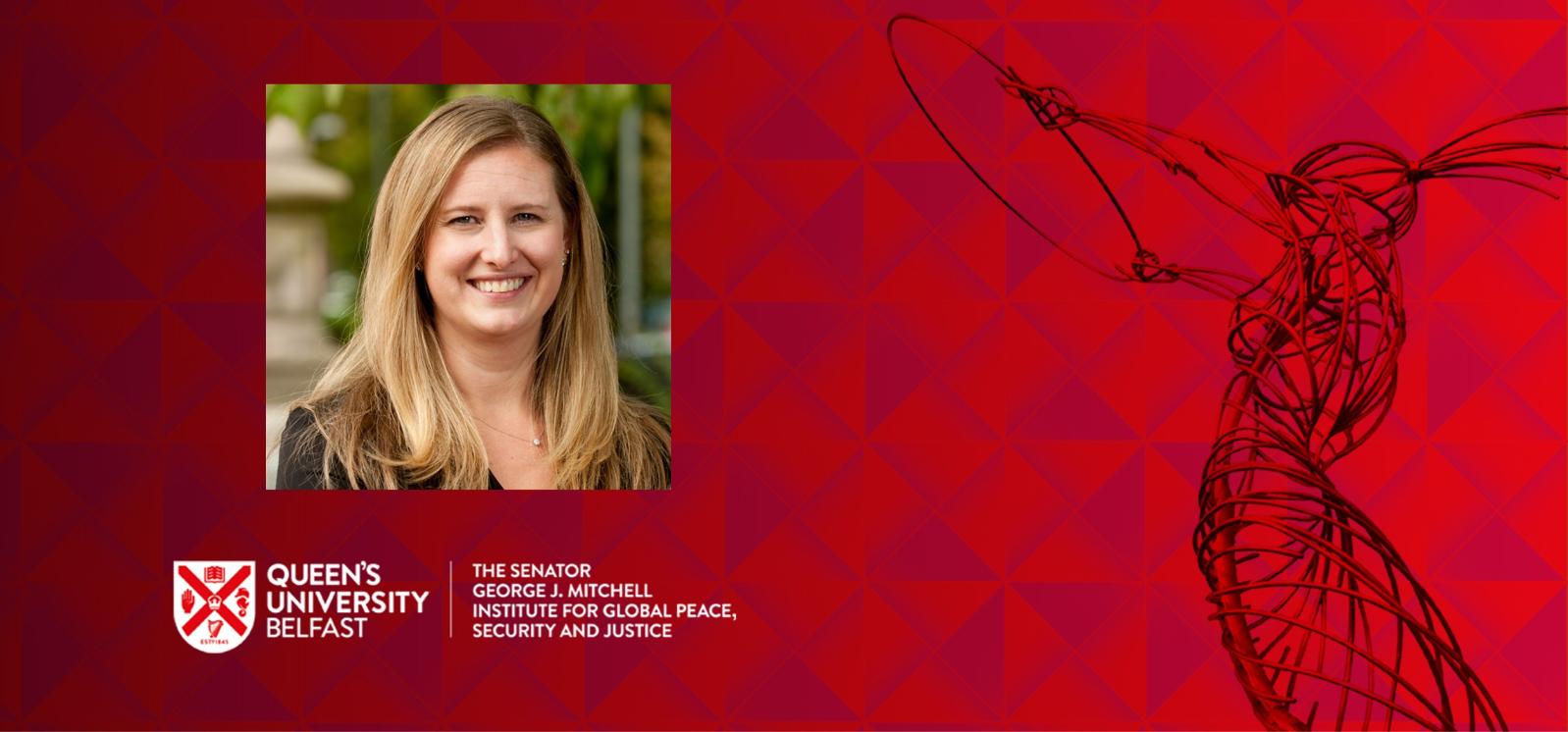Research Funding Award: Changing Minds: An International Study of How Children Form & Revise Beliefs
Dr Joceyln Dautel

Mitchell Institute Fellow: Religion and Peacebuilding, Dr Jocelyn Dautel, has been awarded $2 million in funding over three years from the Templeton World Charity Foundation for a new collaborative project on ‘Changing Minds: An International Study of How Children Form and Revise Beliefs.’
The Templeton World Charity Foundation funds innovative projects that push the boundaries of scientific knowledge and help people flourish. The Foundation supports dynamic dialogues with leading scientists, policymakers, practitioners, influencers, and advocates working on the scientific frontiers of human flourishing.
This research will investigate how polarization develops in childhood, bringing together researchers from the Developing Belief Network across 19 countries to study how children aged 8–12 form, revise, and respond to conflicting beliefs in areas such as religion, science, and morality. Co-led by Dr Kathleen Corriveau (Boston University), Dr Rebekah Richert (University of California Riverside), and Dr Dautel (Queen’s University Belfast), this 36-month longitudinal study will uncover both universal and culturally specific pathways of belief formation, with the aim of informing effective educational and peacebuilding interventions.
Explaining the project, Jocelyn said:
“In this programme of research, we seek to understand how polarization develops during childhood and how we might foster openness and mutual understanding across lines of belief. While much of the existing research on polarization has focused on adults—and often on Western, educated populations—this project turns its attention to middle childhood (ages 8–12) across diverse global contexts. This is a pivotal stage for the consolidation of beliefs and attitudes about others, yet little is known about how children form and revise beliefs or how they respond to difference.
With the Developing Belief Network we will undertake a 36-month longitudinal, cross-cultural study of children and their caregivers. This ambitious programme aims to disentangle universal developmental processes from culturally specific influences in children’s belief formation and polarization across topics such as religion, science, morality, and social justice. We will explore the extent to which children’s beliefs are stable or flexible, how willing they are to change their views, and how they relate to others who think differently.
We ask three core research questions:
- Are certain domains of belief afforded special cognitive status in childhood, leading to greater resistance to change? What developmental and contextual factors influence the rigidity of beliefs in areas such as religion or science?
- How does openness to belief revision evolve with age, and how do individual traits (e.g., cognitive development, intellectual humility) and social factors (e.g., educational practices, cultural norms) shape this adaptability?
- What is the relationship between children’s beliefs and their attitudes toward others who disagree with them? How do epistemic and affective dimensions of polarization develop and interact to shape either cohesion or division?
This study will involve child-friendly interviews, longitudinal surveys, and innovative experimental tasks designed to assess how children reason about disagreement, revise their own views, and evaluate those who believe differently. Our goal is not only to generate high-quality data and academic publications, but to ensure the relevance of our findings for educators, parents, and policymakers working to support open-mindedness and intergroup flourishing. This project represents a unique opportunity to shape global understanding of belief formation in childhood.”
A new postdoctoral research position will be announced soon to support this work—stay tuned.
To find out more, contact Jocelyn at jocelyn.dautel@qub.ac.uk.
Dr Jocelyn Dautel
Jocelyn is a Mitchell Institute Fellow: Religion, Arts and Peacebuilding and Lecturer in Education in the School of Psychology at Queen’s University, Belfast. Jocelyn holds a PhD in Developmental Psychology from the University of Chicago. Jocelyn is interested in the development of social cognition, or in other words, how young children think about the world around them and navigate their social relationships. Her research uses experimental methods from cognitive and social psychology to understand the processes underlying children’s thinking about social groups, with a particular emphasis on how social context influences these processes.
